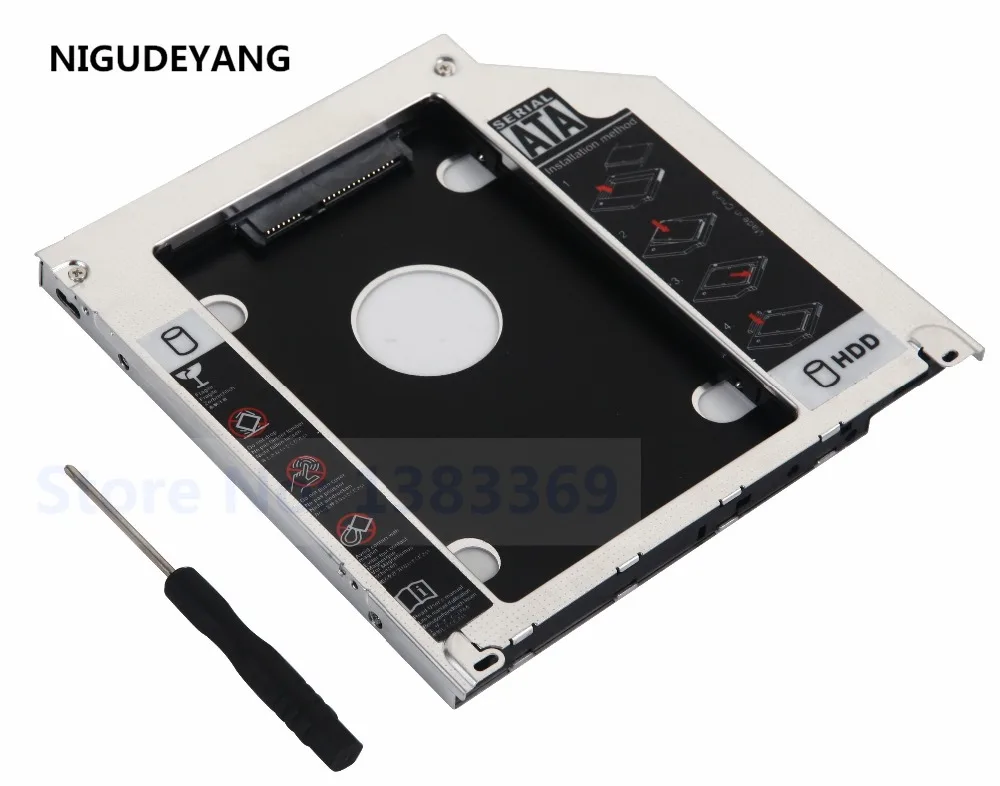

- #Ssd drive for macbook pro 2009 for mac#
- #Ssd drive for macbook pro 2009 install#
- #Ssd drive for macbook pro 2009 mac#
These drives work perfectly in my testbeds and in other notebooks and my Nehalem Mac Pro, but not in my unibody 15-inch MacBook Pro. I asked Apple what was going on and the only response I got was that the drives I was using weren't supported. In fact, the only non-Apple supplied SSD I could get to work in the system without constant crashes was Intel's 80GB X25-M G2 (I didn't try the G1 or the 160GB G2). Once more, I know because I tried it in my own personal system. It, too, doesn't work in the unibody MacBook Pro. This is a SuperTalent UltraDrive GX, another Indilinx Barefoot based SSD:
#Ssd drive for macbook pro 2009 install#
You can't even reliably install OS X half the time. Updating the MacBook Pro to EFI 1.7, thus enabling 3Gbps operation, makes it even worse. A great drive, it just doesn't work in a 2009 unibody MacBook Pro under OS X. I know because I put one in my 15-inch MacBook Pro. Given enough disk activity and the machine will freeze, requiring a hard reset (hold down the power switch for a few seconds). With the 1.5Gbps version of the unibody MacBook Pro firmware (EFI v1.6) this drive doesn't work properly. This is an OCZ Agility SSD, it's based on the Indilinx Barefoot controller. In fact, it's not the performance loss of going down to 1.5Gbps SATA that I care about.

You need an SSD to consistently saturate 1.5Gbps SATA and even then, it is only in sequential reads. Now the performance difference between 3Gbps and 1.5Gbps SATA operating modes isn't noticeable in real world usage.
#Ssd drive for macbook pro 2009 for mac#
While this update allows drives to use transfer rates greater than 1.5Gbps, Apple has not qualified or offered these drives for Mac notebooks and their use is unsupportedĪpple's official statement is that 3Gbps SATA drives aren't supported? What? This is 2009 right? MacBook Pro EFI Firmware Update 1.7 addresses an issue reported by a small number of customers using drives based on the SATA 3Gbps specification with the June 2009 MacBook Pro. In other words, the chipset supports it, Apple did something funny with its systems to break support for it.Īpple eventually released a firmware update to enable SATA 3Gbps support, but the update carried a strange warning from Apple:Ībout MacBook Pro EFI Firmware Update 1.7 You need to ask Apple if you have any questions specific to their systems." " GeForce 9400M offers complete support for SATA Gen2. Apple's partners are always nervous about talking, so NVIDIA's response was carefully worded: To understand why Apple limited the machines to 1.5Gbps I first went to NVIDIA to see if they made a custom version of the GeForce 9400M chipset without SATA 3Gbps support. The SATA 3Gbps standard has been around since 2004/2005 and the NVIDIA chipset Apple uses in the unibody MacBook Pro supports 3Gbps mode. Last summer I posted my MacBook Pro review and I soon started hearing complaints about the SATA interface only running at 1.5Gbps speeds and not 3.0Gbps.


 0 kommentar(er)
0 kommentar(er)
